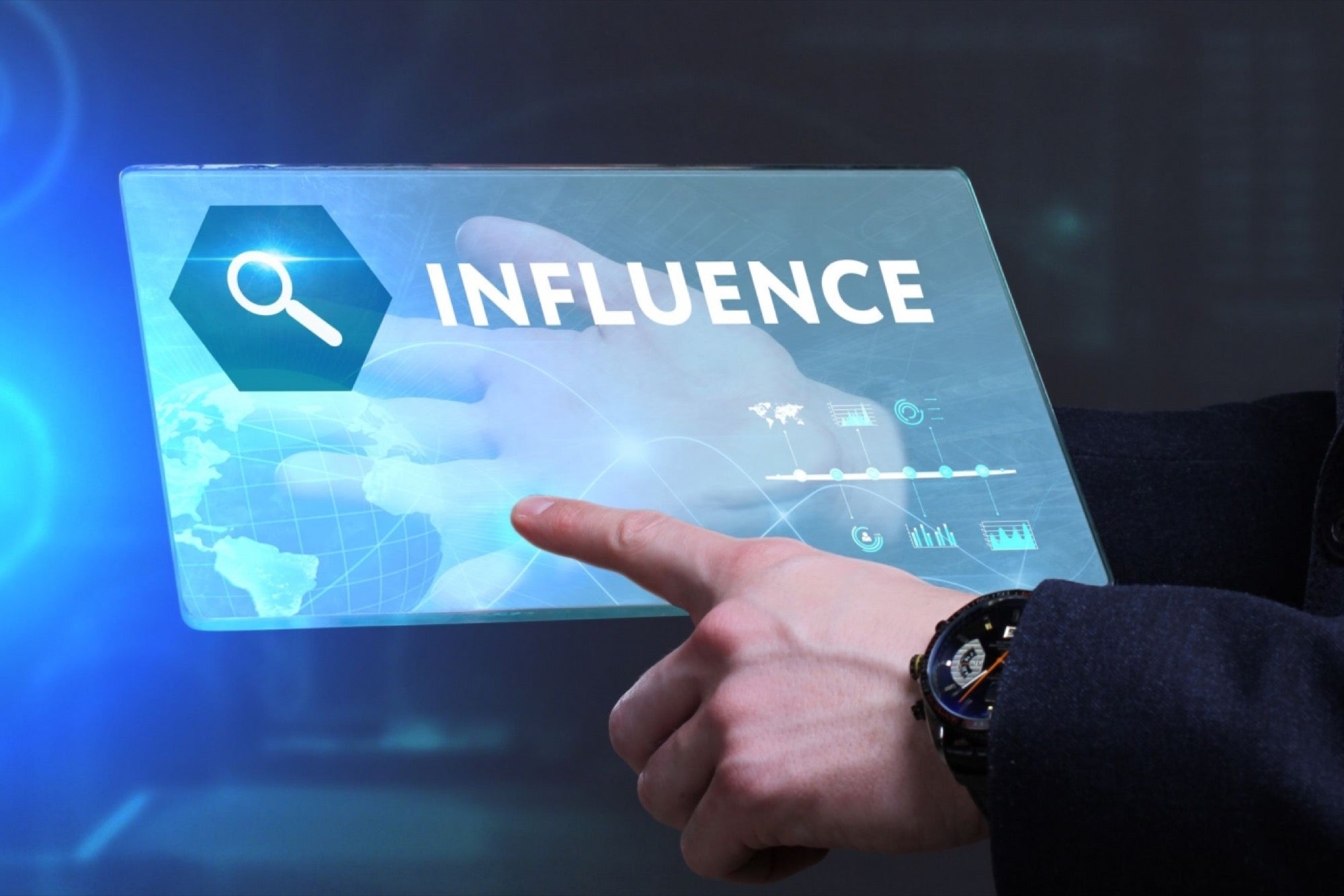3 Reasons Why You Should Engage With Micro-InfluencersForget Selena Gomez. Instead, consider 'micro-influencers,' who tend to be friendly and eager to work with brands that align with their online communities.
Opinions expressed by Entrepreneur contributors are their own.

Influencer marketing is not a new thing; it's been a useful tool in advertising since the 1700s, when chinaware brands like Wedgewood used royal endorsements. From 1875 to the early 1900s, trading cards were used to sell products, and a picture of a celebrity would often be included in the packaging for collectors. Americanbaseballathletes, meanwhile, were even featured on collectible cards in the "Kodas" cigarette brand in the early 1900s.
Related:9 Top Social Media Influencers Marketers Need to Follow
Social media, however, has dramatically up-ended the modern influencer game; as a crowd-sourcing tool, it's changed how quickly brands can make an impression (or millions of them) through online advertising using celebrity influencers.
However, costs and competitive terms have intervened to make it more difficult for businesses to work with celebrity endorsers. And that's prompted marketers to take a new approach by using "average" people who have built an above-average following on social networks.
Say hello to the newmicro-influencers.
There are a number of advantages and benefits to creating micro-influencer campaigns, including the ability to mount promotions that are more frequent (and affordable) than those that work with celebrity influencers. Today, smart marketers are taking a second look at "mommy" or family bloggers, wellness and lifestyle writers, recipe podcasters and video bloggers as potential sources for attentive and affordable new audiences.
Here are three reasons why companies should engage with these micro-influencers.
1. Micro-influencers are more affordable.
There is no questioning the fact that celebrity endorsements have a powerful influence on the purchase decisions of consumers worldwide. From fashion to food to beverage products, brands pay significant advertising rates for product placement in the social feeds of some of the best-known celebrities who impact millions of followers on platforms like Instagram or Twitter.
In 2016,AdWeekpublished data fromD'Marie Analytics, revealing the top six social influencers as Selena Gomez, Rihanna, Beyoncé, Taylor Swift and Kendall and Kylie Jenner. For just one cross-platform image or mention of a product or service (on social media) of a brand, experts quoted in the article estimated that Selena Gomez might be receiving as much as $500,000.
Related:8 Do's and Don'ts of Influencer Marketing
That's all very well, but for most successful marketing campaigns, more than one mention is required to impact sales. While the exposure is useful to launch a new company or product and create consumer recognition, advertising experts agree that多通道marketing withmultipleinfluencers is more effective.
And for this purpose, micro-influencers are more affordable and enable brands to create long-term campaigns for market penetration and measurable impact.
2. People relate authentically with micro-influencers.
It can be difficult for celebrity influencers to be convincing to consumers about utilizing certain products or services. For example, could you see Taylor Swift endorsing a brand of dish soap? After all, we would all likely agree that as a celebrity superstar, Taylor Swift probably doesn't do her own dishes. So, there is a plausible disconnect between celebrities and many common products and services that the average consumer uses daily.
Micro-influencers, on the other hand, are mere mortals (like the rest of us). The social following that micro-influencers gather is therefore directly related to their approachability or the strong connection that consumers will feel to an "average person." Consumers in fact find tremendous value in micro-influencers' product endorsements, and these people influence purchase decisions in an honest way: by simply sharing the products and brands that they love.
3. Micro-influencers are easier to engage.
Celebrity influencers have multiple facets to running their respective entertainment enterprises. Despite the opportunity to earn advertising revenue from endorsements, they still have a full-time job maintaining their popularity and resonance with fans.
Nothing is more damaging to a celebrity's social media ecosystem, then, than filling it with blatant product or service endorsements; fans will notice that; and they don't like it.
For this reason, celebrity influencers are extremely selective about what companies they will work with and the products they will endorse. The advertiser must also fit the crafted brand that celebrities have created for themselves.
如果你想象的“阵容”品牌等to work with any influential celebrity, that image is accurate. And the list of brands that are declined for endorsement is equally as long. Getting approval is a long process and usually involves an extensive advertising contract (such as an annual campaign), which represents a large financial commitment.
Micro-influencers however, are not approached as often by advertisers. Many micro-influencers may not realize that they can monetize their blog with affiliate advertising, paid endorsements or other revenue generating opportunities.
Related:5 Reasons Why You Need to Take Advantage of Influencer Marketing
What's more, they tend to be friendly, and eager to work with brands that align with the online community they have built around their blog or social networks. So, why not give micro-influencers a try?










